Iowa is the opening state for the 2024 US presidential election. The election of candidates in this state is also different from most other states, because voters will attend caucuses to choose candidates.
Both the Republican and Democratic parties in Iowa hold caucuses to choose their presidential candidates, but there are some differences between the two parties. The Republican Party in Iowa holds its caucuses on January 15. The Democratic Party also holds caucuses but has opted for mail-in voting this election and will announce the results on "Super Tuesday" (March 5), according to AFP.
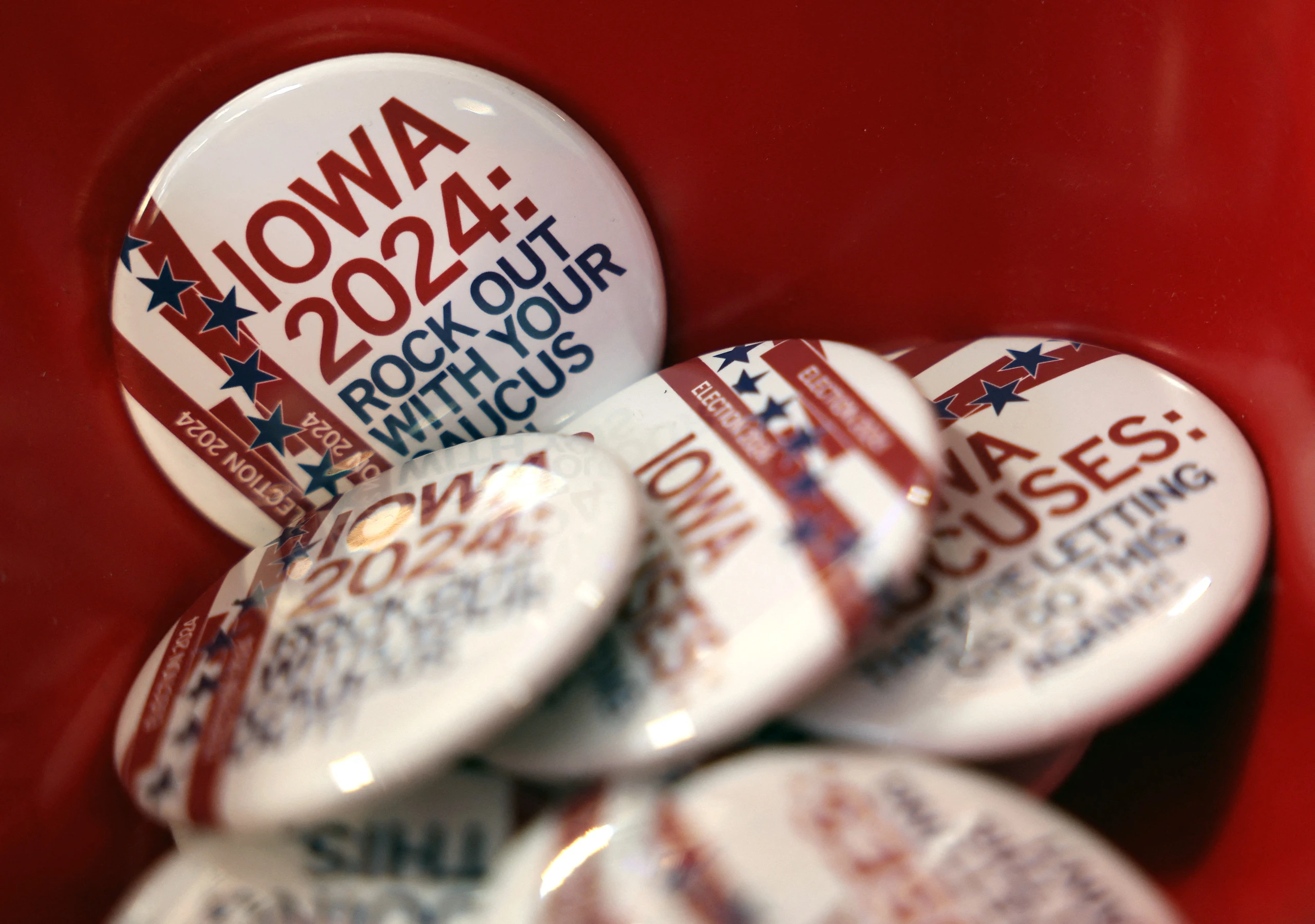
The Republican caucuses to select the party's presidential candidate will take place on January 15.
What is a closed meeting?
Unlike the primary election, which is supervised by the state government and requires voters to go to the polls, the caucus is organized by each party in Iowa and is only attended by party members and people over the age of 18, according to Reuters.
At 7 p.m. on January 15, Republicans will gather at a local location, whether it’s a school, a church, or a union headquarters. There are about 1,700 such precincts across the state, where representatives will speak on behalf of their candidate of choice.
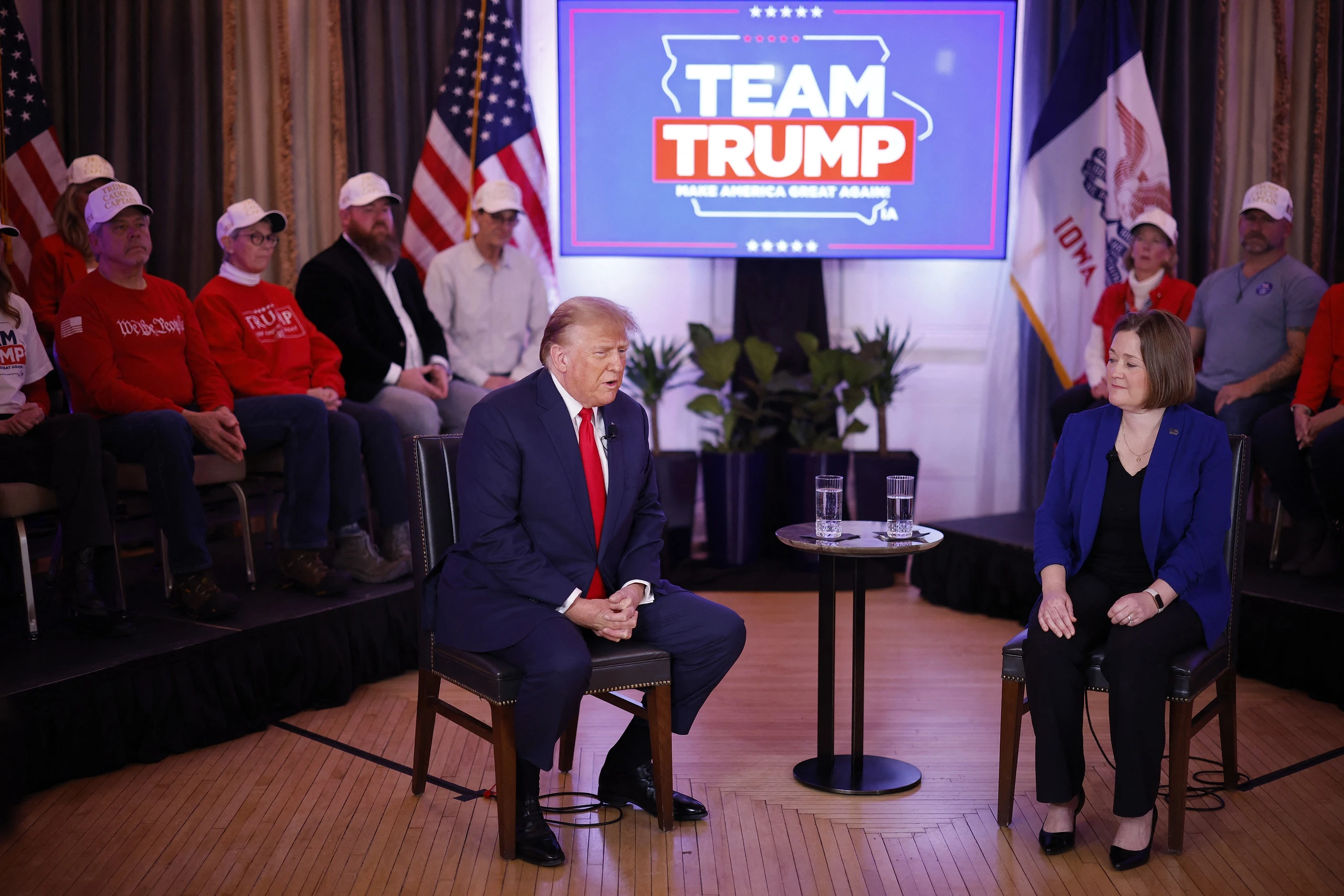
Former President Donald Trump met with voters in Iowa on January 13.
Caucuses typically last 60 to 90 minutes. Some last up to three hours. Voters cast their ballots in secret and the results are reported to the state party board. Remote voting or attendance is not allowed, and it is often criticized because some voters work remotely or have disabilities that make it difficult to attend. This year, heavy snowfall and extremely cold temperatures are affecting candidates’ campaigning and causing many to cancel meetings.
There are 40 electors in total, and their votes are divided among candidates based on the percentage of votes they receive. For example, in 2016, Ted Cruz won the most votes with 27.6%, so he received 8 electoral votes, while Donald Trump came in second with 24% of the vote and was given 7 electoral votes.
The candidate who wins the most electoral votes from all states will win the Republican Party's nomination for president in November's US presidential election.
How important are the results in Iowa?
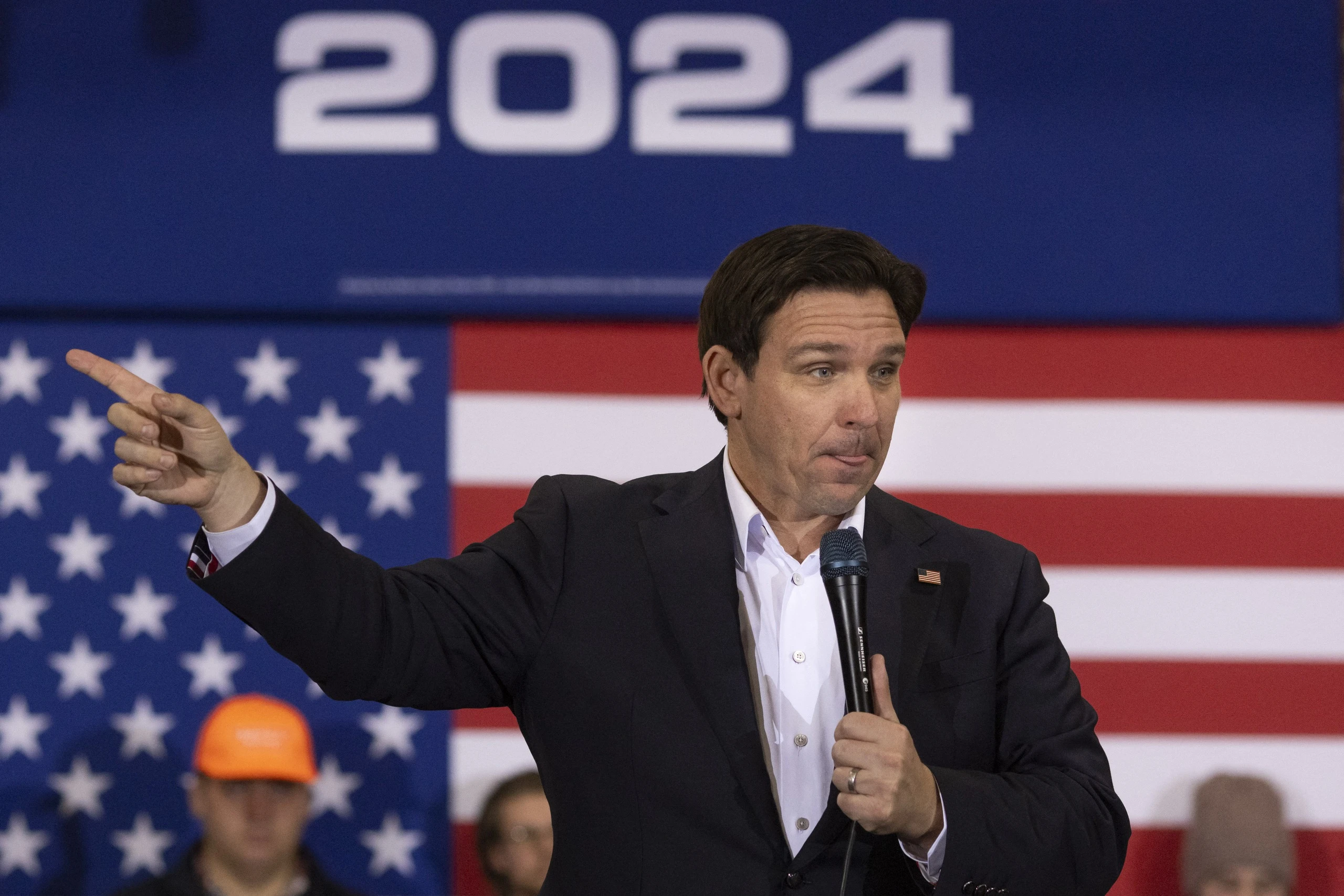
Florida Governor Ron DeSantis meets with voters in Iowa on January 13.
Seven states are holding caucuses this year. The Iowa caucuses provide a preliminary indication of voter support for presidential candidates. Occasionally, candidates who do not do well in the state will drop out of the race. The Iowa results also set the stage for the New Hampshire primary the following week.
For Republicans, however, the Iowa caucuses are not a reliable gauge of the overall race. The winners of the three caucuses here in 2008, 2012 and 2016 failed to secure the party nomination.
Who is leading in Iowa?

Nikki Haley, former US ambassador to the United Nations and former governor of South Carolina, met with voters in Iowa on January 11.
According to the latest NBC News/Des Moines Register/Mediacom poll released on January 13, former President Donald Trump is leading the Republican race in Iowa with 48% of the expected vote. Former US Ambassador to the United Nations Nikki Haley is in second place with 20% of the expected vote, surpassing Florida Governor Ron DeSantis, who has only 16%. Businessman Vivek Ramaswamy is in fourth place with only 8%, up 3 percentage points from the survey in December 2023.
Observers are looking for signs of a turnaround for Ms. Haley, who has steadily gained support. Compared to the survey in December 2023, the former ambassador’s latest approval rating is up 4 percentage points.
After the polls were released, Mr. Trump urged his supporters to attend the caucuses to vote on January 15 despite the cold weather. "Our base supporters have put us in a position to win, and now we need to show up at the caucuses for President Trump on Monday (January 15) and finish the job," the former president said in a statement.
Source link





![[Photo] Binh Trieu 1 Bridge has been completed, raised by 1.1m, and will open to traffic at the end of November.](https://vphoto.vietnam.vn/thumb/1200x675/vietnam/resource/IMAGE/2025/10/2/a6549e2a3b5848a1ba76a1ded6141fae)






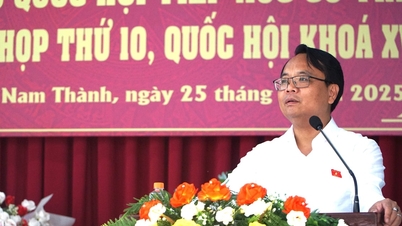





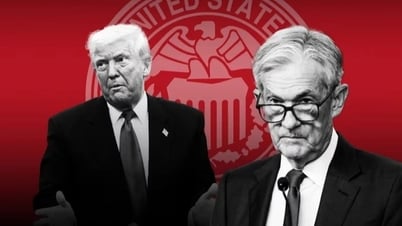



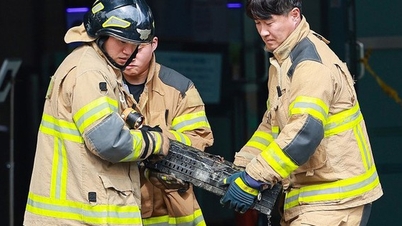














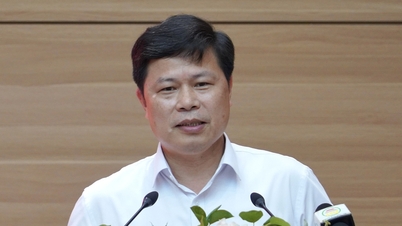















































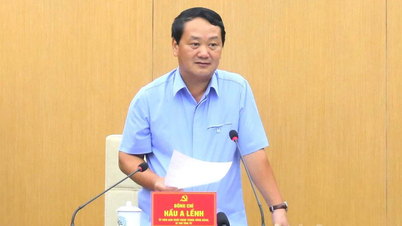

















Comment (0)